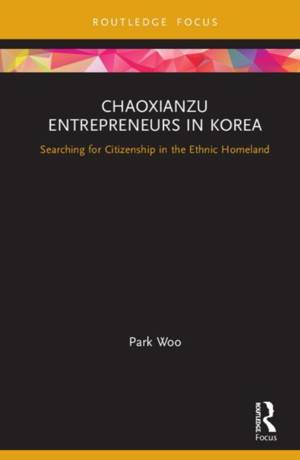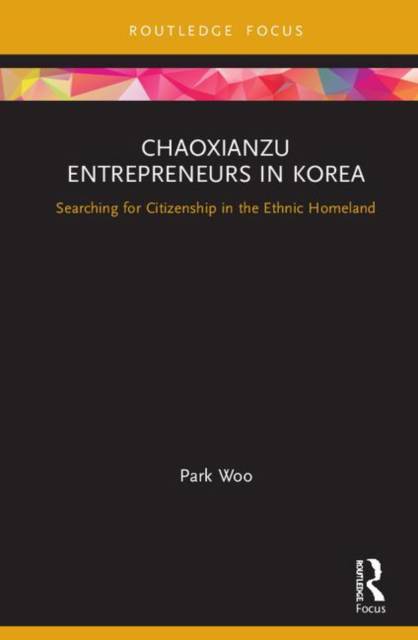
- Afhalen na 1 uur in een winkel met voorraad
- Gratis thuislevering in België vanaf € 30
- Ruim aanbod met 7 miljoen producten
- Afhalen na 1 uur in een winkel met voorraad
- Gratis thuislevering in België vanaf € 30
- Ruim aanbod met 7 miljoen producten
Omschrijving
This book explores the nature of the state-citizen societal relationship in Korea during the transition to neoliberalism, through the lenses of class and nationalism.
Examining the process by which a new class, Korean Chinese entrepreneurs, emerged from Korean Chinese enclaves in South Korea and quickly became a leading group within those communities, this book provides a case study of the entrepreneurs running a variety of businesses, including restaurants, travel agencies and trading companies. Whilst Korean Chinese people faced discrimination and stigmatization in Korea, despite their economic contributions to the economy, this book demonstrates how entrepreneurs began to form associations and organisations, campaigning for their equal status in Korean society. Arguing that the formation of these was closely linked to the framework of legal statuses established by the Korean state as it sought to make use of Korean Chinese labour, this book explains how social citizenship was constituted by the interaction between their situational sense of fairness and the contradictory economic and social roles expected of them by the state.
Drawing on fifteen years of ethnographical experience, Chaoxianzu Entrepreneurs in Korea will be useful to students and scholars of sociology, anthropology, Migration Studies and Ethnic Studies, as well as Korean Studies.
Specificaties
Betrokkenen
- Auteur(s):
- Uitgeverij:
Inhoud
- Aantal bladzijden:
- 116
- Taal:
- Engels
- Reeks:
Eigenschappen
- Productcode (EAN):
- 9780367900762
- Verschijningsdatum:
- 4/02/2020
- Uitvoering:
- Hardcover
- Formaat:
- Genaaid
- Afmetingen:
- 137 mm x 218 mm
- Gewicht:
- 294 g

Alleen bij Standaard Boekhandel
Beoordelingen
We publiceren alleen reviews die voldoen aan de voorwaarden voor reviews. Bekijk onze voorwaarden voor reviews.











